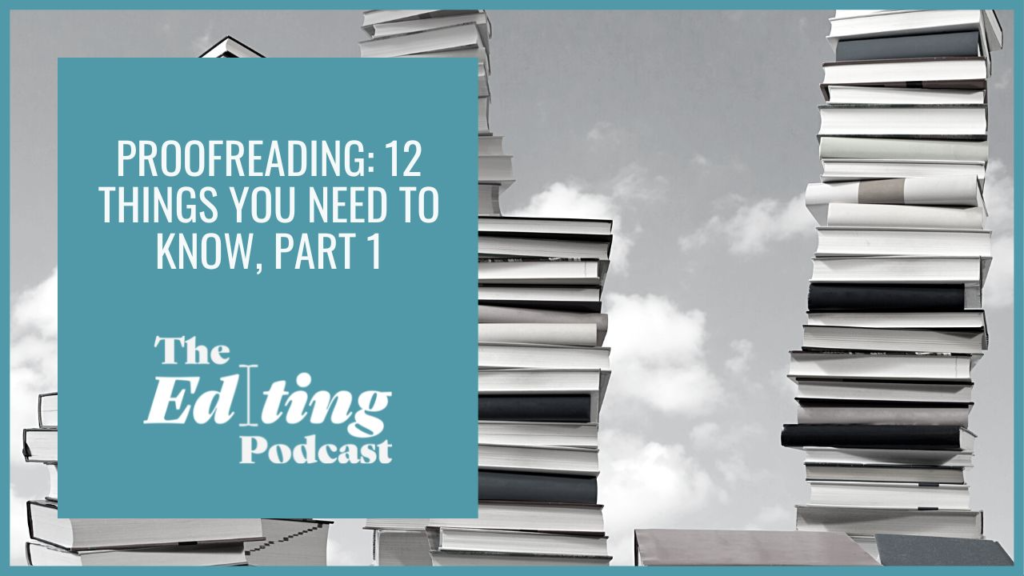
Introduction
The UK publishing scene is undergoing a transformative shift. Gone are the days when a handful of conglomerates dictated the literary offerings. Enter the indie publishing mavericks—dynamic, fearless, and unapologetically innovative. These trailblazers are redefining the narrative, championing voices previously unheard, and reshaping the literary landscape of the UK.
Historical Context of UK Publishing
Traditionally, the UK’s literary domain was dominated by major publishing houses. These behemoths held the reins, determining which stories reached readers and which languished in obscurity. However, as the literary appetite of readers evolved, cracks began to appear in this monolithic structure. Independent presses emerged, driven by a passion for storytelling and a commitment to diversifying the voices in literature.
Catalysts for Change
The mainstream publishing world, with its commercial constraints, often sidelined unconventional narratives. This oversight paved the way for independent publishers to step in. They recognised the hunger for diverse, innovative stories and seized the opportunity to bring them to the forefront. The desire to break free from homogenised storytelling became the impetus for this indie revolution.
Profiles of Pioneering Independent Publishers
-
Fitzcarraldo Editions: Established in 2014, Fitzcarraldo has become synonymous with avant-garde literature. With a penchant for publishing works that challenge literary conventions, they’ve introduced readers to groundbreaking narratives that might have otherwise been overlooked.
-
Galley Beggar Press: Based in Norwich, this press has a reputation for nurturing experimental fiction. Their commitment to authors pushing the boundaries of storytelling has earned them a revered spot in the indie publishing world.
-
Jacaranda Books: Founded by Valerie Brandes, Jacaranda is dedicated to amplifying under-represented voices. Their focus on diverse narratives has enriched the UK’s literary tapestry, offering readers stories from perspectives often marginalised.
-
Tilted Axis Press: This publisher has carved a niche by bringing Asian and African literature to English readers. Their translations have bridged cultural gaps, introducing profound narratives from continents rich in storytelling traditions.
-
Cipher Press: Advocating for stories, Cypher Press has been instrumental in ensuring that queer narratives find their rightful place in literature. Their publications challenge stereotypes and celebrate the multifaceted experiences of the community.
Success Stories and Accolades
The impact of these indie publishers is evident in the accolades their titles have garnered. From Booker Prize listings to international recognition, these presses have proven that size doesn’t dictate success. Their curated selections resonate with readers and critics alike, underscoring the significance of their contributions.
Challenges Faced by Independent Publishers
Despite their successes, indie publishers grapple with challenges. Financial constraints often limit their operations, making it imperative to allocate resources judiciously and design a book cover. Distribution poses another hurdle; penetrating mainstream markets dominated by larger houses requires ingenuity and relentless effort.
Innovative Strategies and Adaptations
To navigate these challenges, indie publishers have embraced innovation. Digital platforms have become invaluable, allowing for wider reach without exorbitant costs. Crowdfunding initiatives have also gained traction, fostering community engagement and securing the necessary funds to bring unique stories to print.
Impact on Authors and Readers
For authors, especially those from marginalised backgrounds, indie publishers offer a sanctuary, a space where their stories are valued and championed. Readers, in turn, benefit from a richer, more diverse proofreading agency landscape, encountering narratives that challenge, inspire, and resonate on a profound level.
The Future of Indie Publishing in the UK
The trajectory for indie publishing in the UK appears promising. As readers increasingly seek authenticity and diversity, the demand for indie publications is set to rise. Collaborations between indie and mainstream publishers may also become more prevalent, fostering a symbiotic relationship that enriches the literary world.
Conclusion
Independent publishers are not merely participants in the UK’s literary scene; they are its lifeblood, infusing it with vitality, diversity, and innovation. As they continue to challenge norms and champion unheard voices, readers are encouraged to delve into the offerings of these mavericks, discovering stories that might just redefine their understanding of the world.






